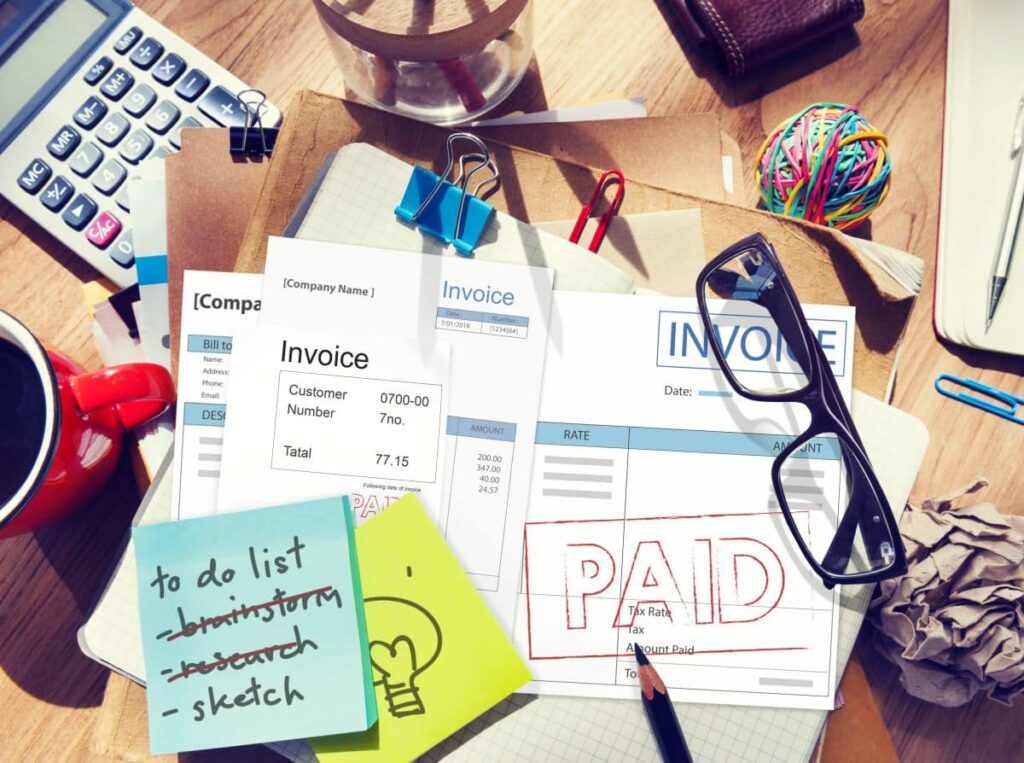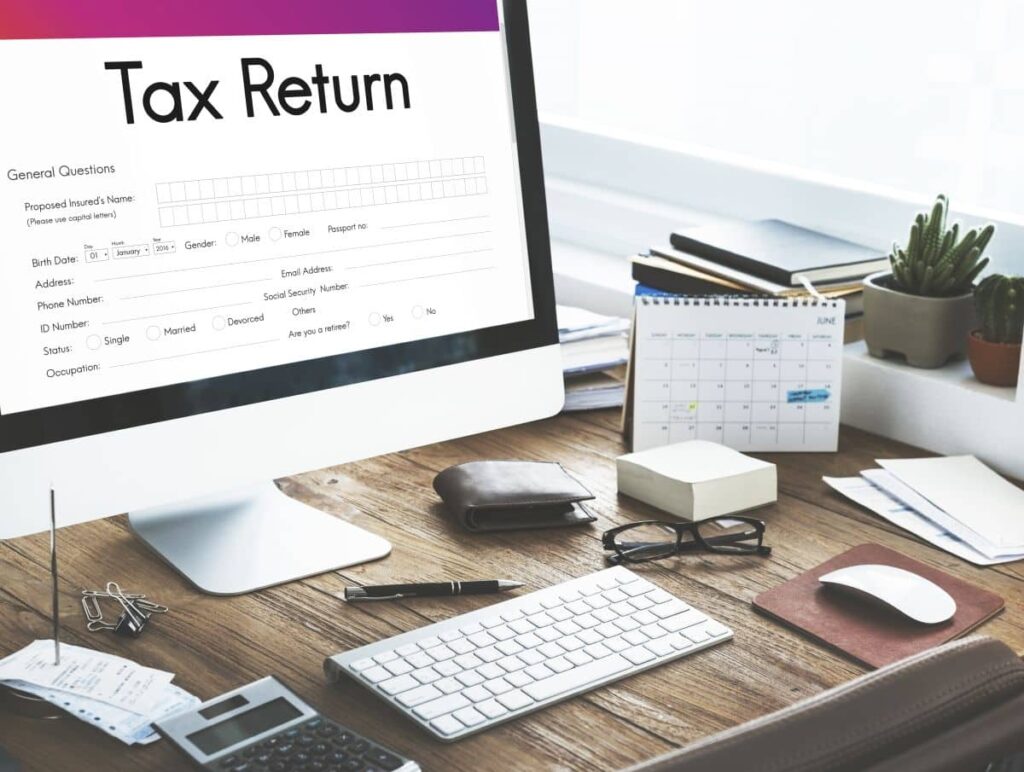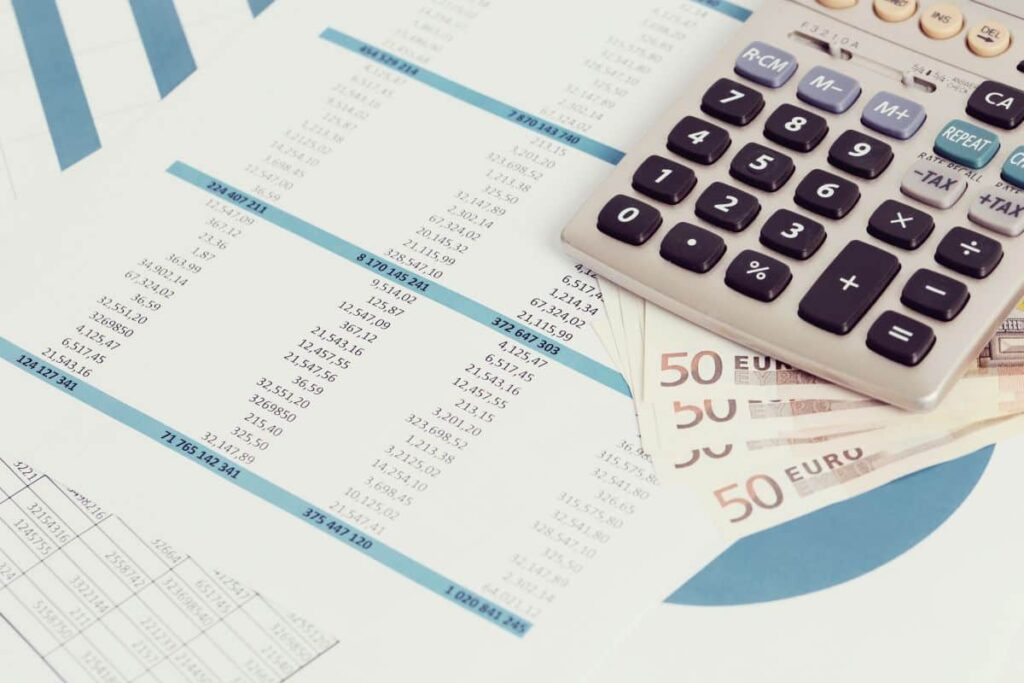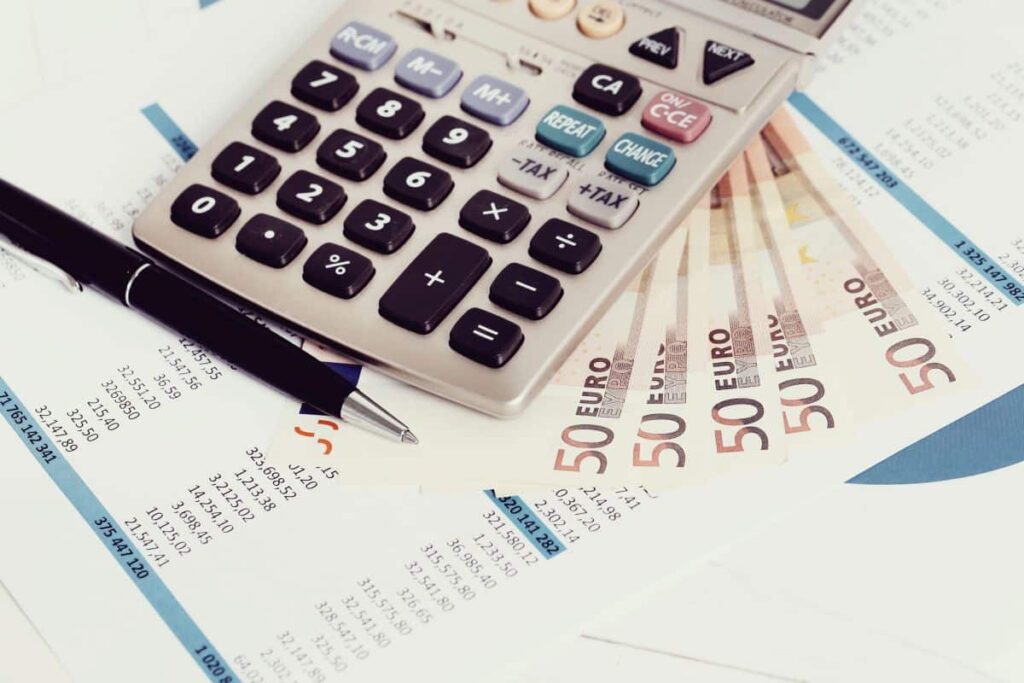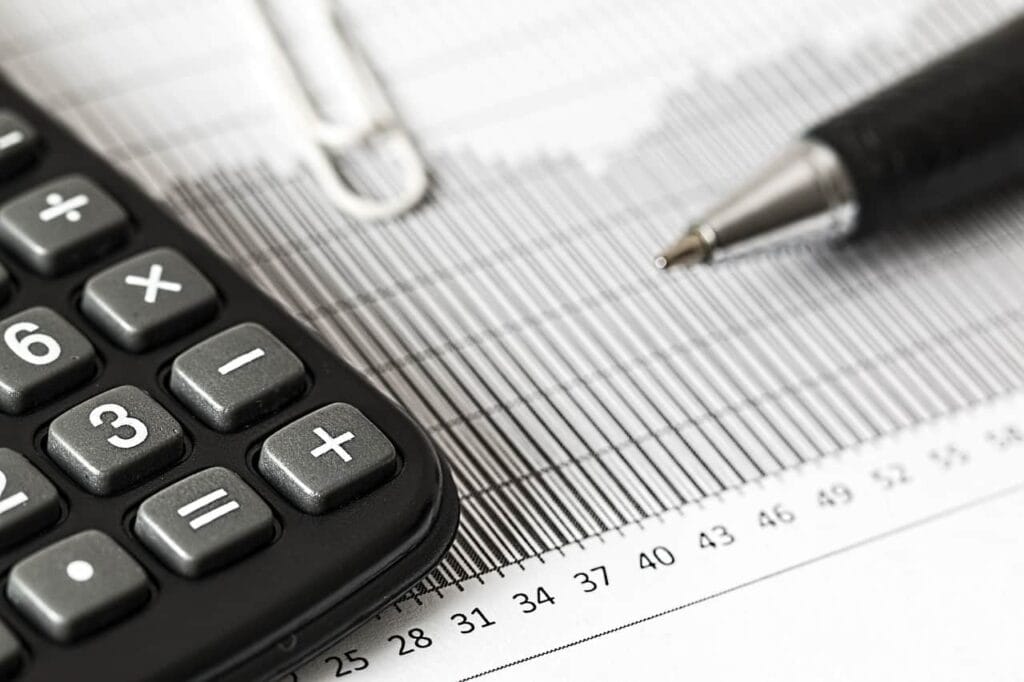As a doctor, you are almost certain to be successfully managing the complexities of running your own practice – but making sure that you recognise and address all of the tax implications associated with your profession can become significantly more challenging.
While it can feel overwhelming when you're trying to stay on top of taxes amidst so many other responsibilities, taking some simple steps with tax advice, strategies, and planning can go far in helping reduce stress--and save money!
In this blog post, we will cover essential information on how you, as a doctor or medical professional, must approach taxes. We'll provide clear, actionable tips to help make filing easier while ensuring that you keep more money in your pocket - leaving time for both work and leisure activities throughout the year.
Thus if the upcoming tax season is weighing heavy on your mind – read on!
Let's get started!
Income Splitting For Doctors And Dentists
The goal is to reduce the amount of taxable income to a level at which the marginal tax rate is lower than the rate that you are currently paying, which is normally 47%. This can be accomplished by transferring income to a spouse or dependent who has a lesser income.
Be wary, though, because the Australian Taxation Office conducts a significant amount of audit work in this sector, particularly among professionals who misuse it to lower the tax responsibilities of the spouse with the better income-earning potential.
You have the potential to divide either active or passive income into two distinct categories. Earning money without actively working for it is referred to as passive income, and it might come from investments like shares or an investment property. It is normally permissible in the eyes of the ATO for you and your spouse to divide this revenue between the two of you.
Trying to hold investment assets in the name of low-earning taxpayers, in the name of discretionary family trusts that can disperse income to low-earning taxpayers, or even in the name of a company that is taxed at a flat rate of 30% are all common methods for achieving passive income splitting. Passive income splitting is usually implemented through the use of family trusts.
Active income is income that you have earned as a result of your own efforts (for example, the fees you charge for private services), and strict tax regulations restrict the division of active income.
Personal Services Income (PSI) is the term that is most generally used to refer to it. According to section 84-5 of the Income Tax Assessment Act of 1997 (ITAA97), personal services income (PSI) is described as ordinary or statutory income that is acquired primarily as a reward for the personal efforts and abilities of a person.
The ATO uses a straightforward method to determine whether or not a person's income is "primarily" their own. If more than half of the revenue you receive can be attributed to your own labour and talent, then you should categorise this income as PSI. It is sometimes unimportant how this money was produced, whether as a sole proprietorship, through a trust, or through a corporate structure.
The fundamental principle dictates that you are not permitted to share the profits from your own hard work with anyone else. This is because the revenue agency believes that you earned money, and as a result, you are responsible for paying tax on it.
As a result, there are very few chances to divert cash away from the medical practitioner and instead share it with other people or corporations. In general, you are required to report every dollar of income that you make on the tax return that is specific to you as a person.
When you have a private practice with numerous employees or a general practitioner or dental clinic that works with independent contractors, the utilisation of a service company presents you with a better possibility to split your income.
It is sad that despite the fact that this is a very difficult area of taxation that calls for the guidance of a tax specialist, we nonetheless see a great number of cases in which doctors and dentists have gotten the wrong tax advice.
Strategies For The Creation Of Tax-Advantaged Wealth That Can Be Employed By Doctors And Dentists
For medical professionals, there are a few different ways to build wealth in a tax-efficient manner, and when these tactics are combined with one another, they can provide quite positive outcomes.
1. Superannuation
It is reasonable to work towards amassing the highest amount of tax-effective retirement benefits that may be collected for every spouse, which is currently set at $1.6 million. Superannuation continues to be an exceptionally tax-effective investment vehicle.
2. Negative gearing
You can utilise your high income in a way that is tax-effective by employing this tactic early on in your career, which can be a great strategy. Nevertheless, rather than concentrating on the potential tax benefits, you should make it a priority to acquire high-quality assets that are expected to rise in value over time, and you should also devise an escape plan to pay off your existing debts.
3. Family trust – savings and investment plans
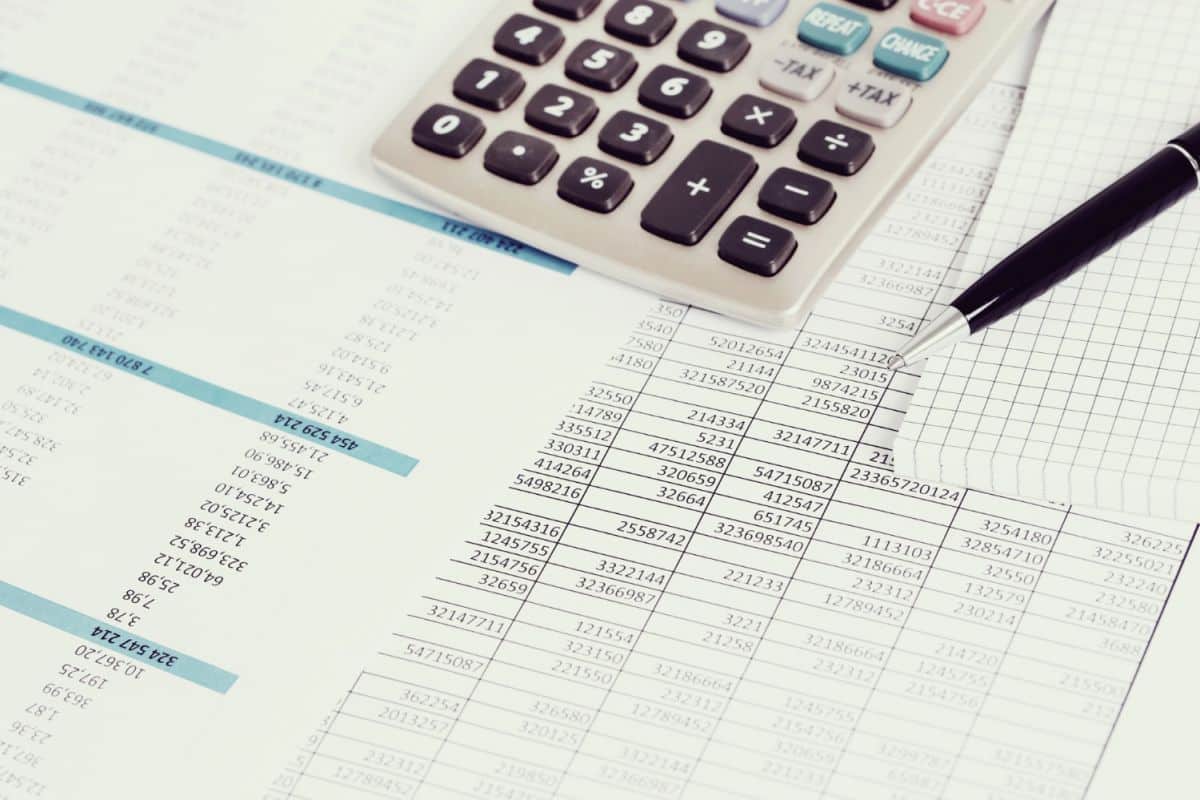
In addition to providing advantages for tax planning and asset protection, family trusts provide a one-of-a-kind setting in which to organise financial savings and investment strategies.
4. Investment bonds
Investment bonds are often associated with fewer investment opportunities but might function as a more straightforward alternative to family trusts. However, they require little upkeep and provide exceptional tax savings after ten years have passed.
Tax Deductions
1. Annual Subscriptions and Memberships in Professional Bodies
Are you curious about whether or not your registration with the Australian Health Practitioner Regulation Agency (AHPRA) is deductible from your taxes? The correct response is "yes."
You may be eligible for a tax deduction for the annual fees or membership dues you pay to an organisation, regulatory agency, or professional body relevant to your present employment.
In addition to the annual fees paid to the AHPRA, the following are a few examples of associations and memberships paid by doctors that are tax deductible:
- Medical journals
- Membership in professional organisations, such as the Australian Medical Association (abbreviated AMA) and the Royal Australian College of General Practitioners (abbreviated RACGP), are examples of such organisations and societies.
- Costs associated with membership in specialised medical colleges
- Payments to labour organisations, such as those required by the Australian Salaried Medical Officers' Federation, or ASMOF
2. Self-Education and Study-Related Expenses
You might well be able to deduct the cost of the course as a self-education expenditure if it is work-related and applicable to the position that you now hold and if you enrol in such a course. Additionally, it should assist you in enhancing or maintaining the information or abilities connected to your profession.
The training that you are going to get should improve your prospects of making more money at the work that you already have.
Self-education costs include but are not limited to payment for courses, seminars, and conferences; the cost of lodging; the cost of computer consumables; and the expense of purchasing technical equipment that is more expensive than $300. In addition, self-education expenses might include things like the price of professional magazines and textbooks, as well as the cost of food and lodging incurred when studying away from home.
You are allowed to deduct from your taxable income expenditures such as parking fees, mail, and stationery if they are relevant to your studies.
Nevertheless, in order to avoid any hassle and to guarantee that you will be capable of claiming all of the costs for which you are eligible, you need to make sure that you keep meticulous records of all of the costs associated with your studies.
3. Motor Vehicle Expenses
If you utilise your vehicle for employment or business purposes, you may be eligible for a deduction for the costs associated with operating your vehicle. One of two strategies might be utilised to obtain reimbursement for automobile-related costs:
- Journal: In order to use this technique, you will need to keep a logbook in which you record the readings from your odometer for a minimum of 12 weeks in a row. Using the logbook approach, you are able to make a claim for a percentage of the expenditures associated with running your automobile-related company, including depreciation, gasoline, registration, insurance, maintenance, and other operating costs. This depends on the car's worth, up to a certain maximum, the expenses associated with the loan, or the lease costs.
- Cents per kilometre: You may figure this out by using the standard rate that is now in effect for each kilometre, but only up to a maximum of 5,000 kilometres.
Instances of travel for commercial purposes include the following:
- travel from one location of employment to another within the same industry, like driving from one hospital to another.
- travel from your home to untraditional or unconventional locations of employment.
Because travel between your home and your regular place of employment is deemed to be personal travel, it cannot be deducted from your taxes. The same rules apply to you if you are required to work from home.
Ensure that you maintain meticulous track of your car excursions by diligently making entries in a diary or a journal so that you can justify or show the foundation of your estimates. You run the risk of not qualifying for some tax deductions if you do not keep adequate records.
4. Travel Expenses
Physicians and other medical professionals may occasionally be required to travel for purposes associated with their jobs, businesses, or education.
If a doctor can demonstrate that their travel costs are directly tied to their job or another activity that generates money, then those costs may qualify as tax-deductible. These costs could include the following items as well:
- Accommodation
- Airfare
- Prices for rides on public transportation, including trains, trams, buses, taxis, and ridesharing services
- Costs associated with vehicle rental and upkeep
- Costs associated with staying the night, including food and other incidentals
Only the portion of your travel expenses that are relevant to your business activities can be deducted if you travel for both pleasure and business, such as when you go on vacation. Costs also need to be associated with you personally or on an individual level.
As a result of this, if you are travelling with family, you will need to split the costs and report only the portion that corresponds to your trip. If you are gone from home for a stretch of six nights or more in a row, you are required to keep a travel log or diary of your experiences.
It is highly doubtful that the travel costs of locum doctors who are forced to travel to remote or rural places will be tax deductible. This is especially the case if the temporary work location constitutes the doctor's regular workplace for that assignment. Take note that the answer to this question depends on the specifics of each instance.
5. Accounting and Tax Return Preparation Fees
Accountants often handle the preparation and filing of tax returns for medical professionals.
If you employed a licenced tax agent to handle these tasks for you during the previous fiscal year, you might deduct the cost of that agent's services from your current-year taxes. To claim a deduction for the cost of managing your tax affairs, include that amount when completing Line D10 of your tax return, which is labelled "Cost of Managing Tax Affairs."
In addition, if you paid for travel expenses to consult a tax professional, you can deduct those costs from the income that you report.
6. Uniform, Clothing and Personal Protective Equipment (PPE)
When you use a uniform, occupational clothing, or personal protective equipment (PPE), you are eligible to deduct the costs of buying, renting, repairing, or replacing the articles in question. Deductions can also be made for expenses incurred for dry cleaning and laundry services.
The following is a list of some types of items for which you may be able to claim a deduction:
- Lab coats
- Medical scrubs
- Protective glasses
- Surgical caps
- Surgical masks
- Theatre shoes and clogs with non-slip features
It is important to keep in mind that the only pieces of clothing and personal protective equipment (PPE) that are tax deductible are those listed above and others that are comparable. Therefore, even if your employer requires you to adhere to a specific dress code or if you always wear the same clothes to work, you are not eligible to receive a tax deduction for those expenses.
For instance, medical professionals, such as general practitioners, specialists, and other medical personnel, will no longer be able to deduct the cost of their business attire.
7. Purchase of Equipment, Tools and Similar Assets
To the degree that it is utilised for work or for the objectives of a company, it is possible to deduct the expense of the equipment.
The following categories of medically-related tools include ones that doctors regularly purchase:
- Garments de protection et appareils de sécurité
- Medical equipment and supplies, including but not limited to stethoscopes, microscopes, electrocardiogram machines, ultrasound machines, and so on.
- Electronic gadgets such as mobile phones, computers, and tablets, among others
- Licences for operating software on electronic devices and medical equipment currently in use
- Bags for work, including laptop bags and briefcases
Items that are utilised for company activities but are at most $300 are immediately deducted from your taxes.
During the year of purchase, self-employed medical professionals who manage their own practises may be eligible to deduct the whole price of the equipment (or an amount corresponding to the business %).
8. Phone and Internet Bills
The majority of a doctor's workday is spent on their respective phones and laptops. If the phone and internet were used for work or other business-related activities, then the costs associated with using them can be deducted from your taxes.
In order to accurately assess the percentage of your phone and internet costs that are attributable to your business, the ATO requires that you keep records for a sample period of four weeks during each income year. For example, these records might comprise notes from a journal, together with electronic receipts or papers and payments, like a bill.
In the event that your account does not offer a full breakdown of your usage, you can make an educated guess regarding your consumption in relation to your company by basing your estimate on the number of calls or the duration of those calls.
You are exempt from the requirement to keep records if the amount of the deduction is less than fifty dollars and, more precisely, if the recorded use is merely an incidental expense.
9. Income Protection Insurance
During the course of the fiscal year, you are eligible to make a tax deduction claim for the amount of the premiums that you have paid for income protection insurance. In addition, when the coverage is intended to replace your income in the event that you are unable to work due to an accident, illness, or other significant traumatic events, the premiums are deducted from your taxes.
Which insurance premiums do not qualify for a tax deduction?
You are not allowed to take a tax deduction for any portion of your income protection premium that is related to a remuneration that would be considered capital in nature, such as the following:
- Life insurance
- Trauma or critical illness
- Lump sum TPD insurance
- Needle stick insurance
You can file a claim for a portion of the income protection component of your policy if it is bundled with other features, such as other types of coverage.
It is not possible to deduct the cost of income protection plans purchased through your superannuation fund from your taxable income. This is because these premiums would indeed be tax deductible only for your super fund, not for you personally as an individual taxpayer.
10. Interest in Business Loans
It is common for doctors who manage their own practices to overlook the fact that they are eligible to take a tax deduction for the interest they pay on loans obtained for purposes linked to their practices. This may include a line of credit to pay for costs associated with the business, financing for equipment and fit-outs, as well as credit cards for the business.
It is possible that medical practitioners who are operating a legitimate business can deduct it (not a PSI activity). However, in the process of determining whether or not a taxpayer is qualified for a deduction under a private ruling, the ATO is believed to take into account a variety of different variables. Therefore, you must get the advice of an experienced tax consultant in order to determine whether or not a
can be claimed, given the specifics of your situation.
Although some of these expenditures might not appear large when seen separately, their cumulative effect can result in significant tax savings. Therefore, it is a good practice to make it a habit to keep track of your costs so that you can simply summarise them and provide the results to your accountant when it comes time to file your taxes.
Other Deductible Expenses

Other expenditures that are deemed tax deductible for medical professionals, in addition to the ones that have been extensively covered in this post, include some parking fees and tolls, watches and other timepieces, insurance, gifts and donations, and a variety of other things.
You should look out the website of the ATO if you want to learn more about these deductions.
Key Takeaways
The Australian Taxation Office makes it possible for doctors to claim a diverse assortment of tax deductions every year.
To be able to make a claim for these work-related expenses, you will, however, be required to provide evidence that:
- You were the one who incurred the cost, or, to put it another way, you were the one who spent the cash.
- The expenditures that you claim are directly tied to the duties that you are required to do as a physician, and
- You are in possession of verifiable records that demonstrate that you are responsible for the expenditures.
In addition to this, you will have to make a distinction between the portion of the cost that was utilised for personal reasons and the portion that was linked to work, particularly in the case of expenses incurred for your vehicle or mobile device.
If you are searching for some direction, we are here to assist you in navigating the process of filing your tax return and maximising all of the tax deductions that are available to medical professionals.
Keep in mind to always keep receipts, invoices, and any other records related to any expenditures you incur that directly relate to your earning money. You need proof to be able to claim any of the tax deductions that are listed for doctors. So ensure you invariably keep these documents.
Frequently Asked Questions
| Table: Resident tax rates 2020–21 | |
|---|---|
| Taxable income | Tax on this income |
| $18,201 – $45,000 | 19 cents for each $1 over $18,200 |
| $45,001 – $120,000 | $5,092 plus 32.5 cents for each $1 over $45,000 |
| $120,001 – $180,000 | $29,467 plus |
As an individual, you're going to find your income taxed at the highest rate, often 48.5% including the Medicare Levy. But if you are set up with a company, you have a tax rate of just 27.5% for the income you make.
Costs of Equipment
You can claim deduction for cost of equipment to the extent it is used for work or business related purposes. Common examples of work-related equipment purchased by doctors include: Smartphone, laptops, tablets and other electronic devices.

